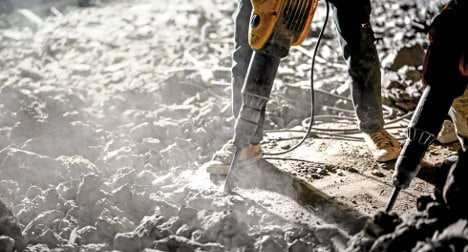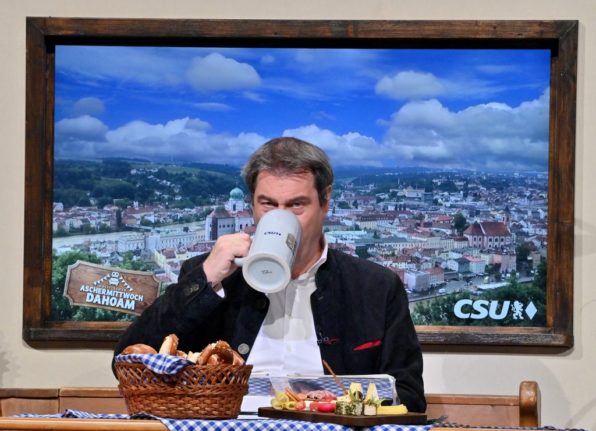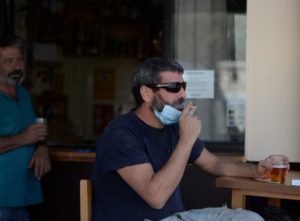"They want us because we're a cheap workforce," one of the builders who prefers to remain anonymous admits.
Since beginning work with a German firm on road crews in the Netherlands in the spring of 2013, this group of Spanish migrant workers have been bottling up their discontent and frustration.
They've just managed to get their hourly wages up from €6 ($8) to the legal minimum of €8 an hour after the Spanish embassy in Holland informed local workers union FNV Bouw.
But their precarious working and living conditions have still not been fully addressed.
Having signed work contracts written in Dutch and German, languages none of them speak, their awareness of the clauses surrounding extra time, holidays and sick leave is almost non-existent.
"We have to pay for our own work clothes. If we’re ill we don’t get paid," one builder tells Spanish news agency EFE from the tiny bungalows where they’re all housed together.
"Most of them are unaware that they have to sign up to the local town hall to receive social and health benefits," adds Ben Paulides, a local politician who thinks the language barrier is the main factor keeping the Spanish workers in the dark.
The man the builders blame for their poor working conditions is Zeko Rugovac, head of German building firm BS Rugovac Bau Gmbh, the company that brought them over from Spain.
According to the Spanish builders, his exploitative tactics have seen them work more than ten hours a day on the building of a motorway between the Dutch cities of Delft and Schiedam.
"They threaten to send them back to Spain if they speak out," union spokesperson Osman Yildiz told EFE.
Emilio Rincón, a 32-year-old builder from Cádiz who complained, was one of the ones who bore the brunt of "Rugovac's irregularities".
"They told me there was no more work for me and I’m still waiting to be paid my last wages and sick leave," Rincón explained.
But Zeko Rugovac, the Managing Director of BS Rugovac Bau Gmbh told The Local it simply wasn't true Spanish workers with his firm were being paid €6 an hour, or even €8.
He said those workers received between €12 and €13 an hour before tax, and he was willing to provide bank documentation showing this was the case.
Claims of lower wages from Dutch union FNV Bouw were mere politics, Rugovac said.
"They are afraid of cheap labour coming in from Spain and other European countries," he added.
Rugovac also said it wasn't true that workers had had to wait for wages. He said the current project in the Netherlands would finish in April and wages for the month would be paid in early May "as is normal in Europe".
The legal tangle between BS Rugovac Bau Gmbh, the Dutch government body that has ordered the motorway to be built, and A4ALL, which is the group overseeing the motorway's construction, means no one appears willing to take full responsibility for the Spanish workers' precarious situation.
The matter is currently being investigated by Holland's Ministry of Social Affairs.
SEE ALSO: 10,000 jobless Spaniards to be kicked out of Germany
Don't miss stories about Spain, join The Local on Facebook and Twitter.





 Please whitelist us to continue reading.
Please whitelist us to continue reading.
Member comments